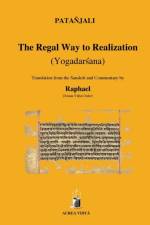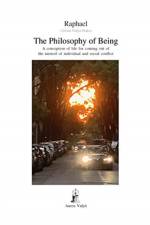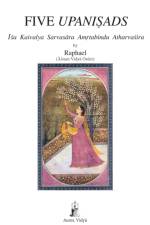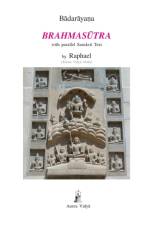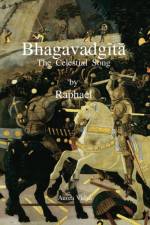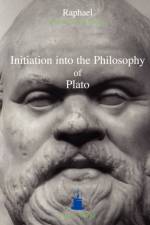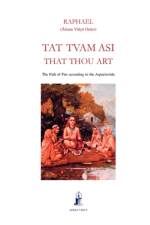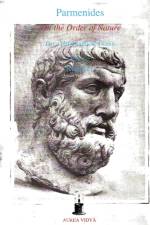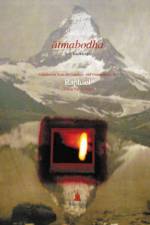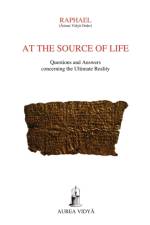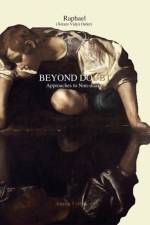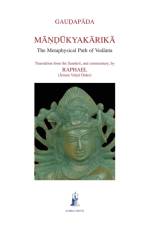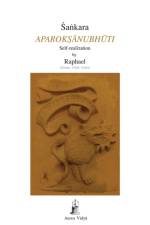- The Metaphysical Path of Vedanta
von da, Gauḍ & apā
26,00 €
The Mandukya Upanishad is part of the Atharva Veda and belongs to a relatively remote period. Though short, it sums up the entire metaphysical vision of the doctrine of the Upanishads. The Upanishad, which is of great initiatory interest, acquires greater value through the addition of Gaudapada’s karikas (Verse commentary), some of which are an integral part of the Upanishad. Gaudapada divides this work into four parts, naming them:1. Agama Prakarana, based on the scriptures or Shruti. 2. Vaitathya Prakarana, based on the phenomenal or apparent character of experience. 3. Advaita Prakarana, based on non-duality. 4. Alatashanti Prakarana, based on the extinction of the “burning ember”. Through it Gaudapada unveils for the first time, clearly and concisely, the Asparsha yoga or vada (path, way), the metaphysical yoga or the pathway that leads not to unite with the God-person, but to integral Liberation (Turiya). Raphael’s commentary is intended as an explanation for the Western researcher, who may be unfamiliar with the vast philosophical themes of Hinduism and Buddhism, and is more accessible than Shankara’s extensive, deep and incisive commentary expounded in the Mandukya Upanishaad with Gaudapada’s karikas. From it, numerous Shankara’s passages are quoted alond the text.

